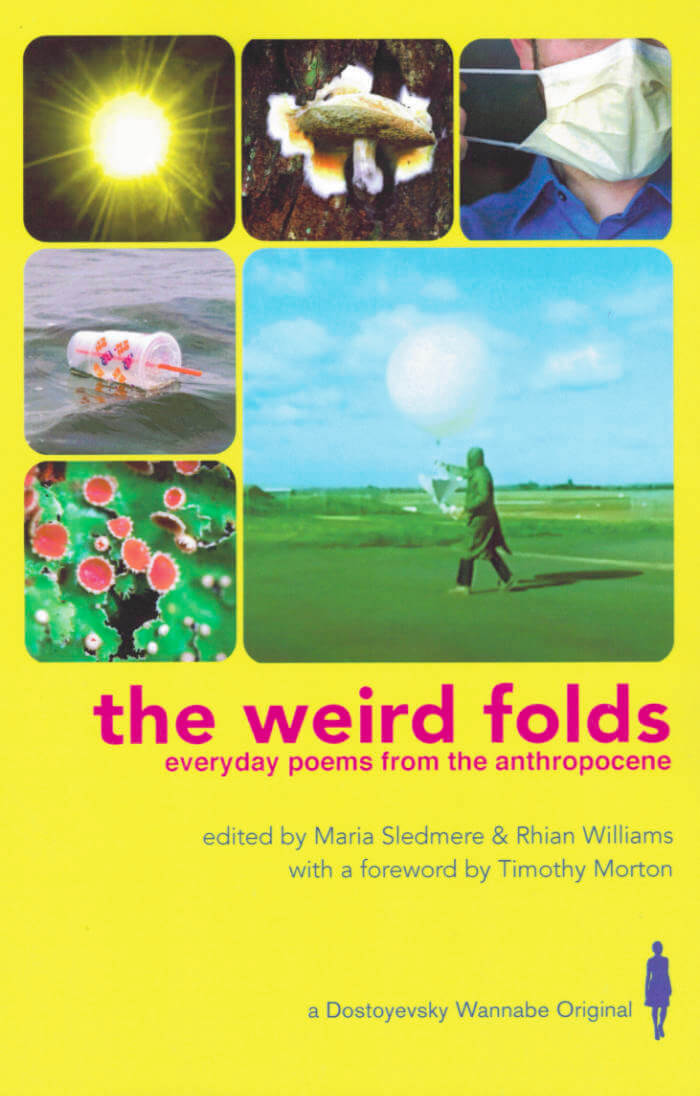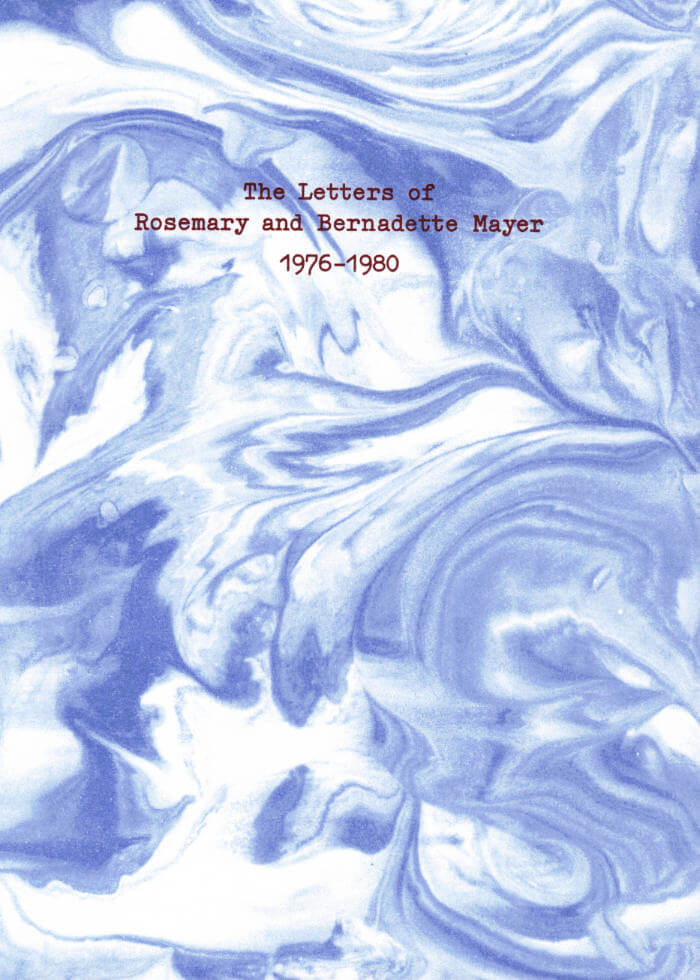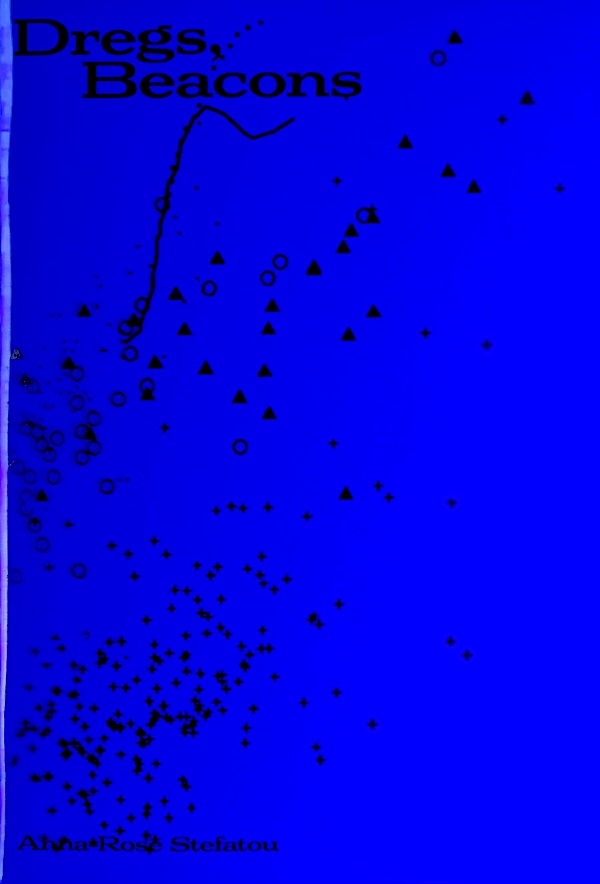
the weird folds: everyday poems from the anthropocene
Rhian Williams ed., Maria Sledmere ed.
Edited by Maria Sledmere and Rhian Williams, the weird folds: everyday poems from the anthropocene is an edited anthology of poetry by contemporary UK writers, whose work manifests ecology in the body, in language, in lyric and colour and play. A book that arrives with its own weather, an acid-bright sense of urgency, detail and care; a book that speaks to a nowness that slides between crisis and the everyday arts of noticing which bear us through massive scalar change, survival and sorrow.
As Bernadette Mayer writes in 'The Way to Keep Going in Antarctica': 'Do not be afraid of your own heart beating / Look at very small things with your eyes / & stay warm'. Riffing on the etymology of 'anthology' as a gathering of flowers, this book samples from a luminous range of poets responding to 'the anthropocene' as a kind of thought device for grasping extinction, global heating and climate breakdown.
'Poems are the future sliding against the past', writes Timothy Morton in the book's foreword; these works perform the shimmering art of recognising the multiple temporalities, tenses and agencies, problems and potentials of this fraught term, 'the anthropocene'.
The weird folds intervenes in more traditional canons of nature and ecopoetry to offer a poetics of the anthropocene which is thoroughly generous, queer, sensuous, formally innovative, relational, occult, fugitive and critically sensitive to the mediations of technology and culture which shape our encounters with the more-than-human.







